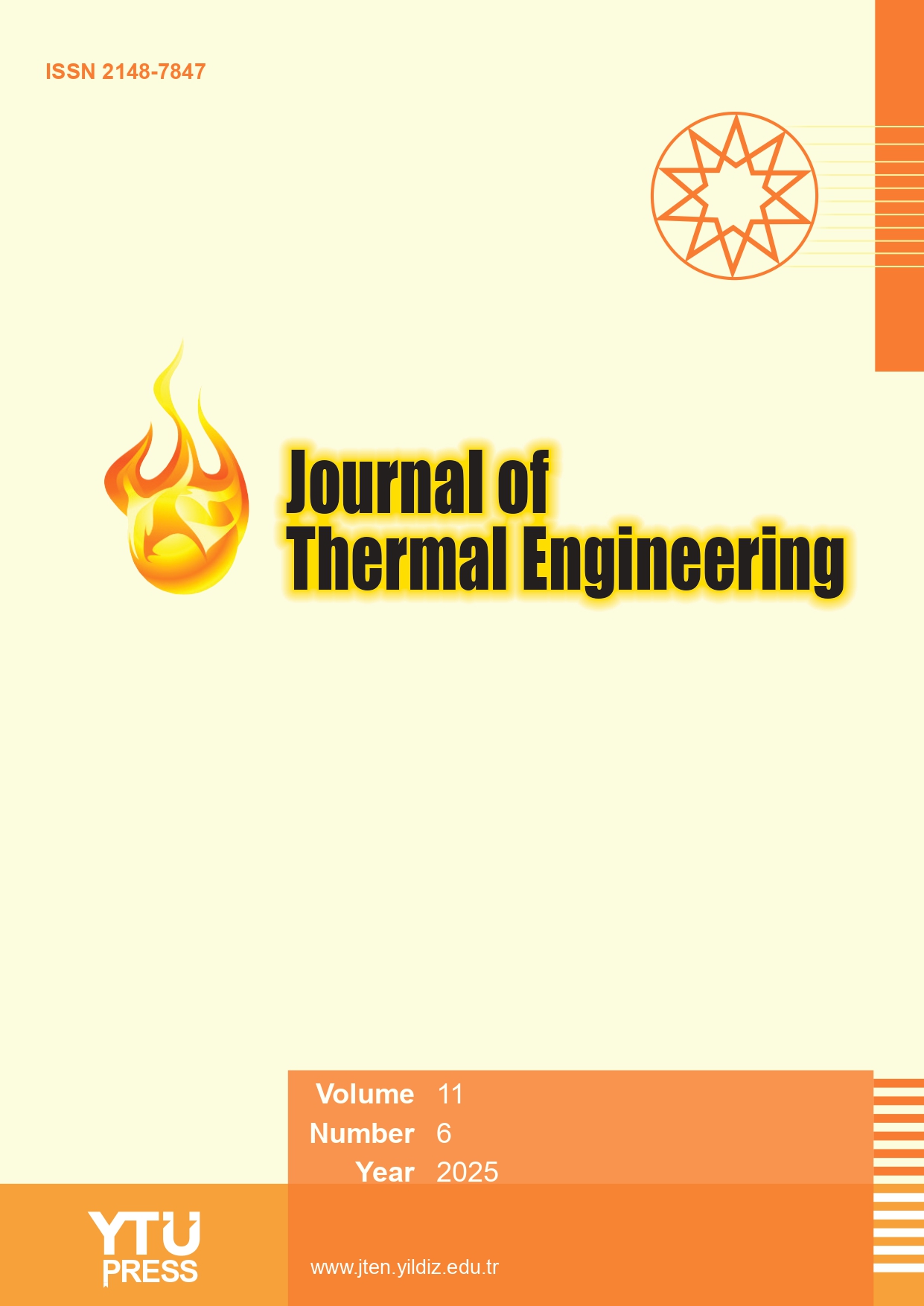2Department of Engineering Technology, Sabaragamuwa University of Sri Lanka, 70140, Sri Lanka
3Center for Nano Device Fabrication and Characterization (CNFC), Faculty of Technology, Sabaragamuwa University of Sri Lanka, 70140, Sri Lanka
4Department of Engineering Technology, Sabaragamuwa University of Sri Lanka, 70140, Sri Lanka, Center for Nano Device Fabrication and Characterization (CNFC), Faculty of Technology, Sabaragamuwa University of Sri Lanka, 70140, Sri Lanka
Abstract
Photovoltaic cooling systems are emerging as an interesting research area globally with the in-creasing demand for solar photovoltaic power generation. As the operating temperature of so-lar photovoltaic modules negatively impacts the efficiency of solar panels, the demand for effi-cient PV cooling technologies is increasing. As a result, researchers are focused on developing efficient PV solar photovoltaic cooling technologies by utilizing nanotechnology, especially using water-based nanofluids as an enhanced heat transfer fluid for solar PV cooling systems. In this review, initially, a comparative analysis of electrical efficiency enhancement was con-ducted between nanofluid-based PV cooling systems and other PV cooling technologies such as water spray, nanofluid cooling, floating solar systems, heat pipe type cooling systems, forced air, etc. Also, the enhancement of thermo-physical properties of water-based nanofluids was reviewed to study the applicability of different water-based nanofluids for solar photovoltaic cooling applications. This study focuses on the challenges of using nanofluids for solar photo-voltaic cooling systems, such as nanofluid’s stability, pressure drop, and friction factor, which are considerable obstacles when using nanofluids as the heat transfer fluid in commercial solar photovoltaic cooling systems. This study reveals the potential of nanofluid-based cooling sys-tems to fulfill the increasing demand for high-performance cooling solutions for PV panels.



















